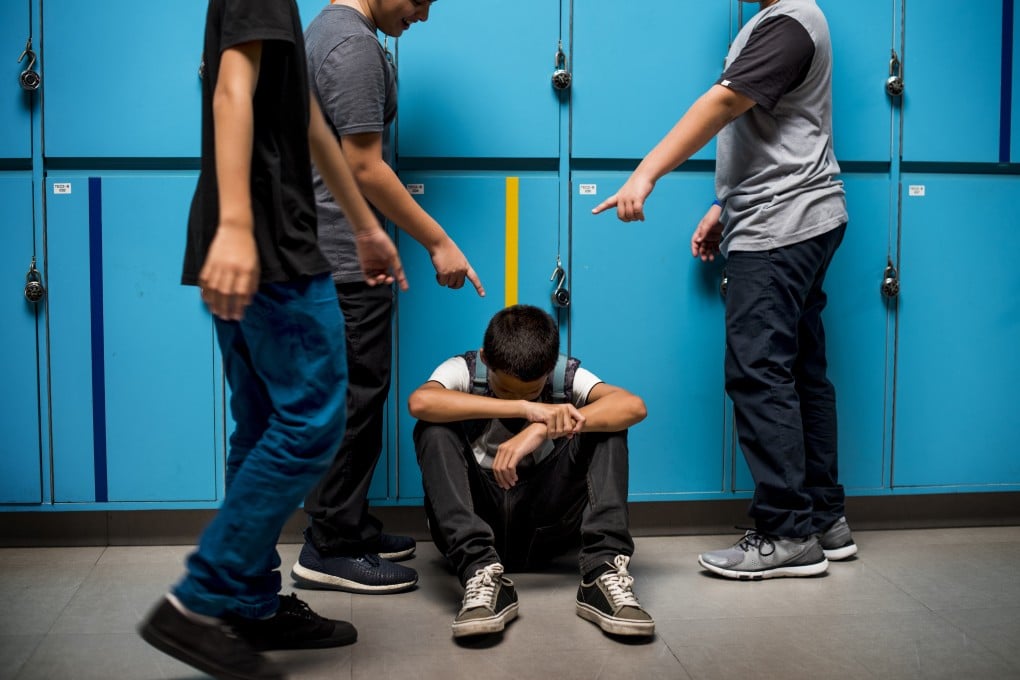Hong Kong schools report 50 per cent jump in bullying despite in-person classes being suspended because of Covid-19
- Number of cases hits 10-year high with educators and pupils linking increase to anti-government protests in 2019 and rise in cyberbullying
- Some 346 cases were reported to Education Bureau in the 2019-20 academic year, up from 226 the year before

Bullying at Hong Kong’s primary and secondary schools has hit a 10-year high with reported cases jumping by more than 50 per cent year on year, despite in-person classes having been suspended for an extended period amid the coronavirus pandemic.
A youth concern group expected many of the cases involved cyberbullying which have been growing over the past few years, while classes in the city’s schools have been suspended for nearly half of the 2019-20 academic year.
Some 346 cases were received by the Education Bureau over the 2019-20 school year, a 53 per cent increase compared with 226 cases in 2018-19, according to statistics submitted by the bureau to the Legislative Council on Wednesday.
Last year, about 12 per cent, or 43 cases involved special needs pupils – two fewer cases than in 2018-19. The last time a high number of overall bullying cases were recorded was in 2009-10, when 379 cases were found.
While the bureau did not specify the reasons behind the surge, some educators and pupils suggested the 2019 anti-government protests played a part.
There were several high-profile bullying cases last year, including one in June when two secondary school girls were detained by police after a video emerged online showing them beating their victim with the lid of a fire bucket in a shopping centre.
